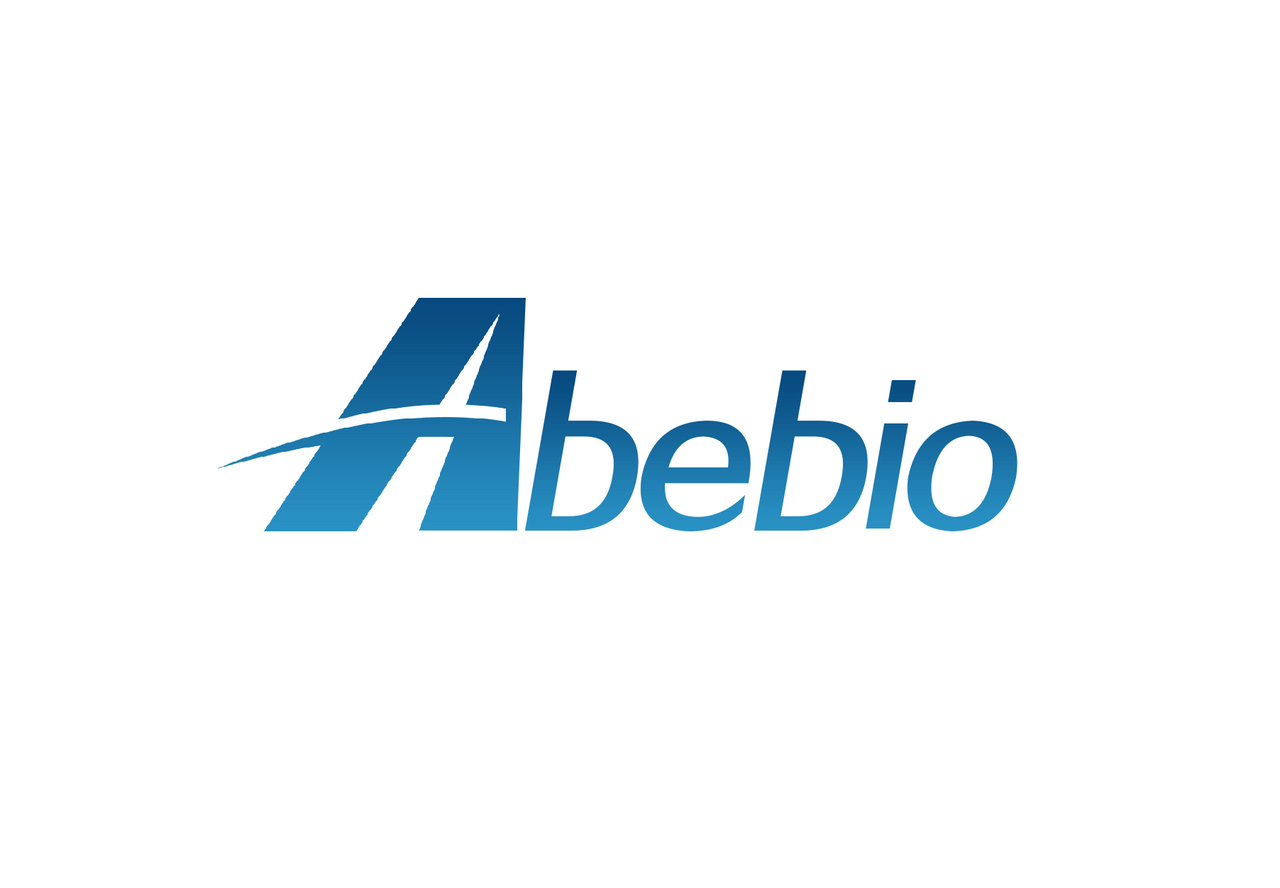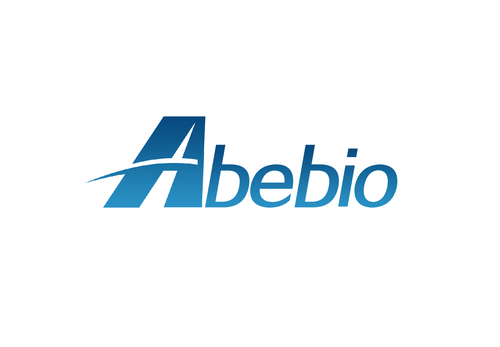Product Description
Mouse S100 calcium-binding protein A8/A9 complex (S100A8/A9) ELISA Kit | AE59826MO | Abebio
Species Reactivity: Mouse (Mus musculus)
Abbreviation: S100A8/A9
Alternative Name: N/A
Application: ELISA
Range: 0.156-10 ng/mL
Sensitivity: 0.071 ng/mL
Intra-Assay: ≤4.4%
Inter-Assay: ≤8.4%
Recovery: 0, 86
Sample Type: Serum, Plasma, Other biological fluids
Detection Method: Sandwich
Analysis Method : Quantitive
Test Principale: This assay employs a two-site sandwich ELISA to quantitate S100A8/A9 in samples. An antibody specific for S100A8/A9 has been pre-coated onto a microplate. Standards and samples are pipetted into the wells and anyS100A8/A9 present is bound by the immobilized antibody. After removing any unbound substances, a biotin-conjugated antibody specific for S100A8/A9 is added to the wells. After washing, Streptavidin conjugated Horseradish Peroxidase (HRP) is added to the wells. Following a wash to remove any unbound avidin-enzyme reagent, a substrate solution is added to the wells and color develops in proportion to the amount of S100A8/A9 bound in the initial step. The color development is stopped and the intensity of the color is measured.
Product Overview: S100A8 a protein associated with a wide variety of inflammatory conditions, is heavily over-expressed in association with inflammation. Human S100A8 possesses neutrophil-repelling properties that result in an anti-inflammatory effect in vivo. The chemotactic activity of S100A8 on neutrophils was tested in Transwell chemotaxis assays. Analysis of the data indicates that S100A8 causes a repulsion of peripheral neutrophils, an activity that S100A8 loses upon its oxidation. S100A8 causes a strong anti-inflammatory effect in the rat air-pouch model of inflammation in vivo. These data highlight a naturally occurring novel anti-inflammatory pathway and provide potential molecular targets for the development of novel anti-inflammatory therapeutics.
Stability: The stability of ELISA kit is determined by the loss rate of activity. The loss rate of this kit is less than 5% within the expiration date under appropriate storage condition. The loss rate was determined by accelerated thermal degradation test. Keep the kit at 37°C for 4 and 7 days, and compare O.D.values of the kit kept at 37°C with that of at recommended temperature. (referring from China Biological Products Standard, which was calculated by the Arrhenius equation. For ELISA kit, 4 days storage at 37°C can be considered as 6 months at 2 - 8°C, which means 7 days at 37°C equaling 12 months at 2 - 8°C) .
 Euro
Euro
 USD
USD
 British Pound
British Pound
 NULL
NULL








